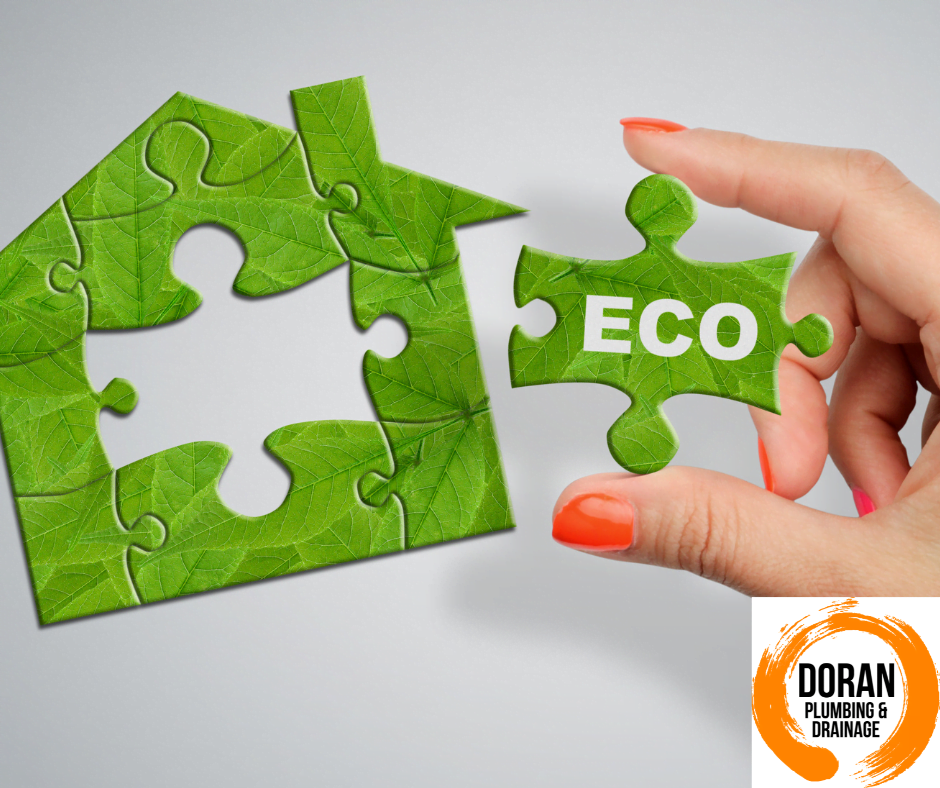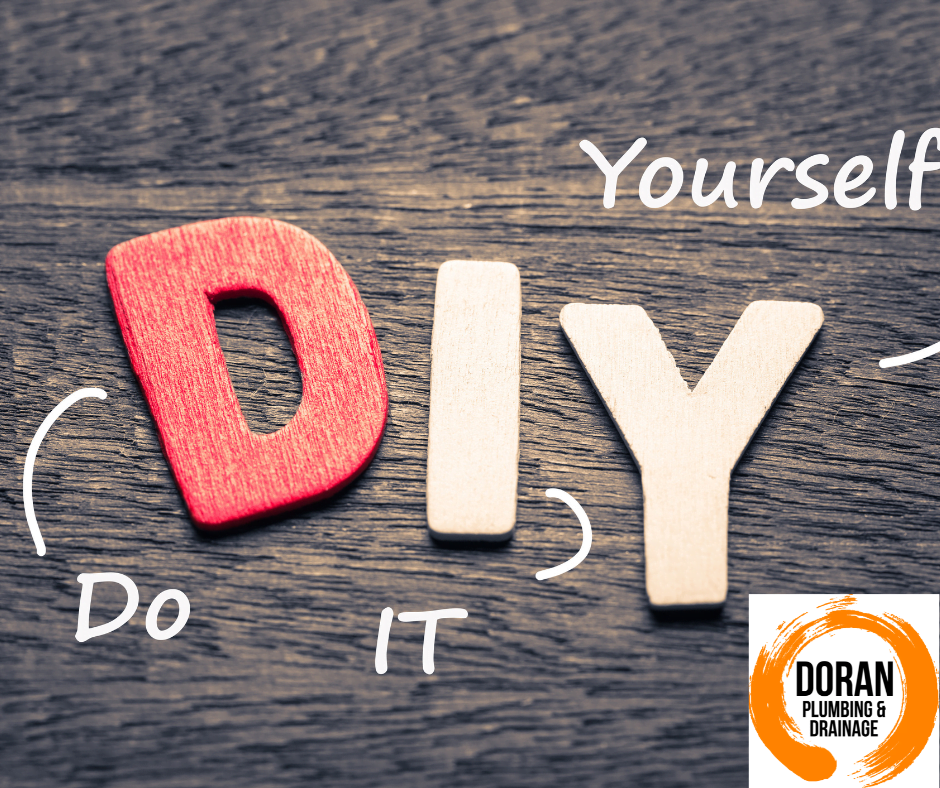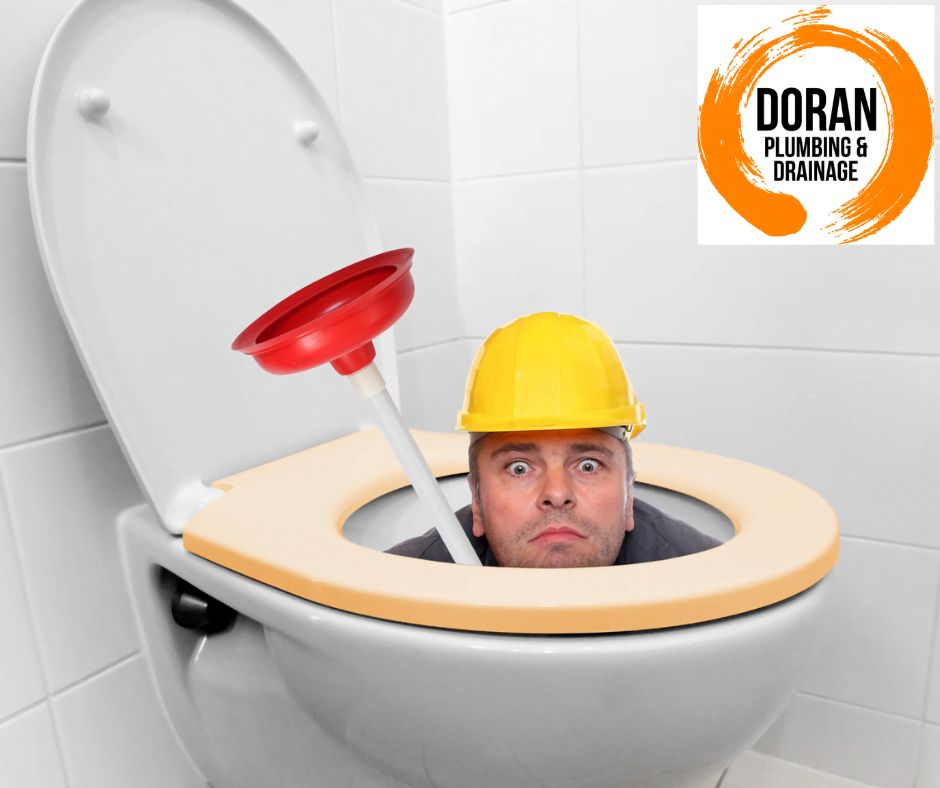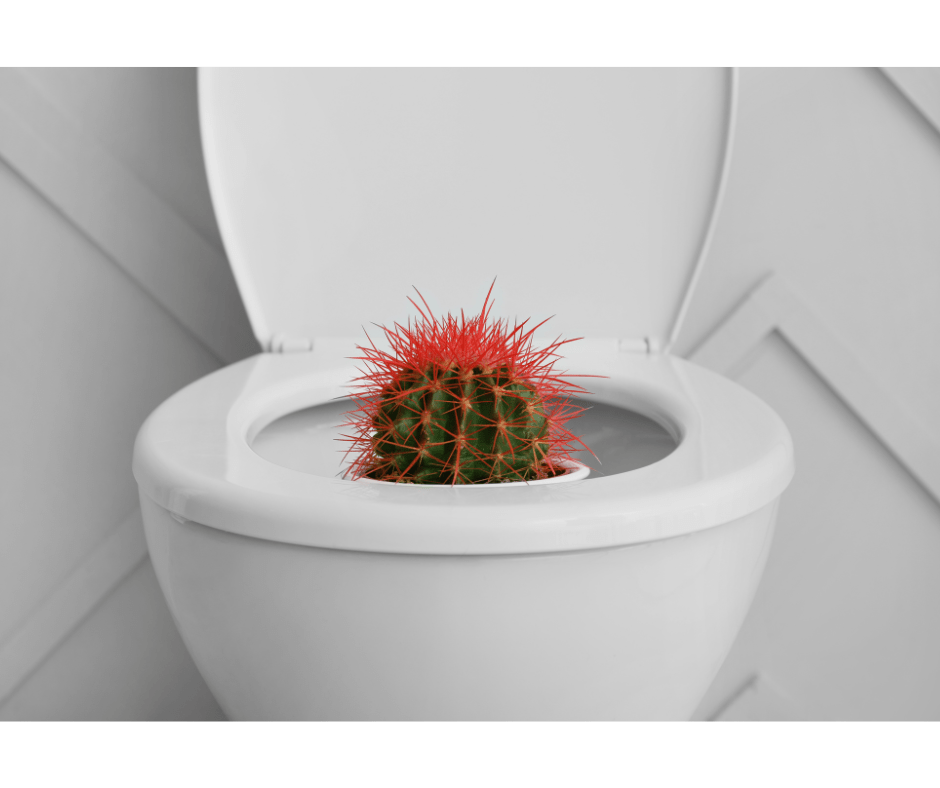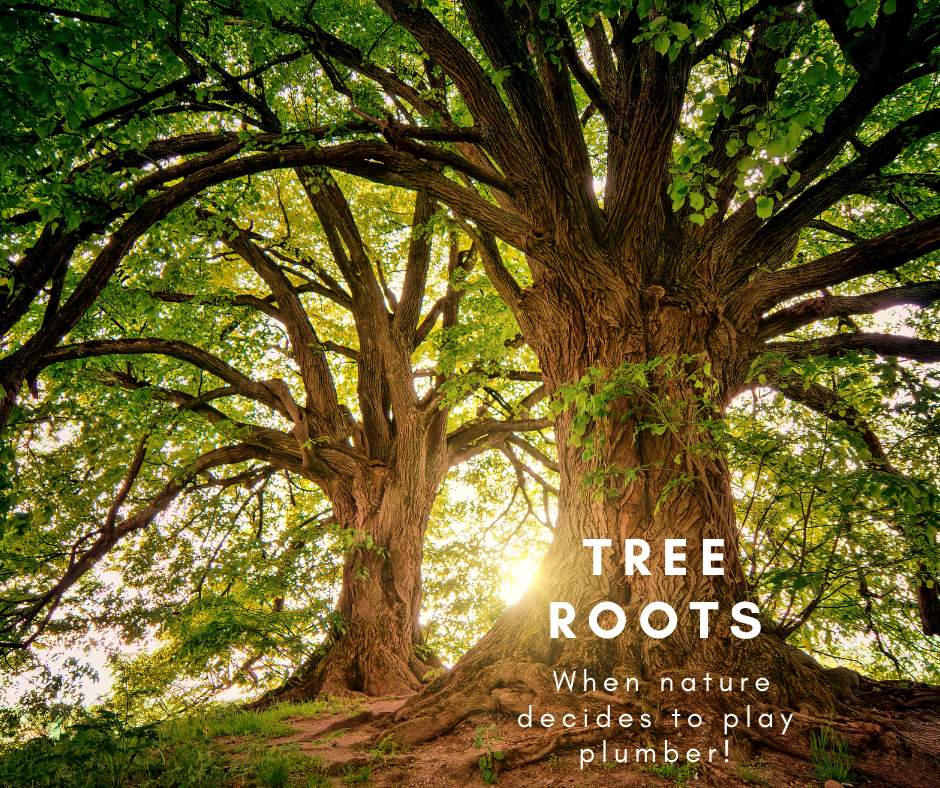Frequently Asked Questions About Blocked Drains
Blocked drains are a common plumbing issue that can disrupt your daily routine and lead to frustrating inconveniences. To help you better understand and address this problem, we’ve compiled a list of frequently asked questions about blocked drains. Let’s dive in and find answers to these common queries.
1. What Causes Blocked Drains?
Blocked drains can occur due to various reasons, including the accumulation of hair, soap scum, food particles, grease, foreign objects, and mineral deposits. Tree roots invading underground pipes can also be a significant cause of blockages.
2. How Can I Tell If My Drain Is Blocked?
Common signs of a blocked drain include slow drainage, gurgling sounds, foul odours, water backup in sinks or toilets, and water pooling around floor drains. If you notice any of these signs, it’s likely you have a blockage.
3. Can I Use Chemical Drain Cleaners to Clear a Blockage?
While chemical drain cleaners can be effective in some cases, they often contain harsh chemicals that can damage pipes and harm the environment. It’s generally safer and more environmentally friendly to opt for alternative methods like baking soda and vinegar or seek professional help.
4. Can I Prevent Blocked Drains?
Yes, regular preventive maintenance can help prevent blocked drains. Use drain screens or strainers to catch debris, avoid pouring grease down drains, and conduct routine cleaning with natural methods to keep drains clear.
5. When Should I Call a Professional Plumber?
If you’ve attempted DIY methods and the blockage persists, it’s time to call a professional plumber. Additionally, if you notice signs of a severe blockage, such as water backing up in multiple fixtures or foul-smelling wastewater, seek professional assistance immediately.
6. What Tools Do Plumbers Use to Clear Blocked Drains?
Professional plumbers use various tools, including drain snakes or augers, hydro-jetting equipment, and drain cameras. The choice of tool depends on the severity and location of the blockage.
7. Are There Eco-Friendly Drain Cleaning Solutions?
Yes, several eco-friendly alternatives are effective at clearing blockages. Baking soda and vinegar, enzyme-based cleaners, and mechanical methods like drain snakes are safer for the environment and your plumbing system.
8. How Much Does Professional Drain Cleaning Cost?
The cost of professional drain cleaning can vary depending on factors like the severity of the blockage, location, and time required for the job. It’s best to request a quote from a local plumber for an accurate estimate.
9. Can Blocked Drains Lead to Health Problems?
Blocked drains can potentially lead to health concerns due to foul odors and unsanitary conditions. Additionally, stagnant water from blockages can attract pests like flies and mosquitoes.
10. How Can I Prevent Future Blocked Drains?
Preventing future blockages involves proper waste disposal, regular cleaning, and avoiding putting items down drains that don’t belong there. Educate your household members about responsible drain usage to minimize future issues.
In conclusion, understanding the causes, signs, and prevention of blocked drains is essential for maintaining a functional plumbing system. If you encounter persistent or severe blockages, don’t hesitate to seek professional assistance to ensure the problem is resolved effectively and your plumbing system remains in good condition.

